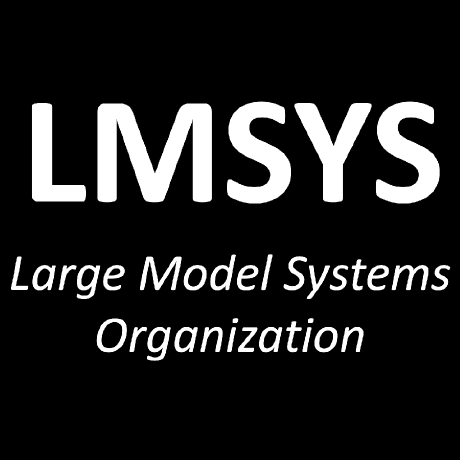Discover and explore top open-source AI tools and projects—updated daily.
llama-gpt by  getumbrel
getumbrel
Self-hosted chatbot app for local, private LLM inference
Top 4.6% on SourcePulse
This project provides a self-hosted, offline, ChatGPT-like chatbot experience powered by Llama 2 and Code Llama models. It targets users seeking a private, local AI assistant that keeps all data on their device, with support for various hardware configurations including Macs and Docker-enabled systems.
How It Works
LlamaGPT leverages llama.cpp and its Python bindings to run quantized Llama models (GGML and GGUF formats) efficiently on local hardware. It offers a Docker-based deployment for broad compatibility and an OpenAI-compatible API endpoint, allowing integration with other applications. The architecture prioritizes privacy by ensuring no data leaves the user's machine.
Quick Start & Requirements
- UmbrelOS: Install directly from the Umbrel App Store.
- Mac (M1/M2):
git clone https://github.com/getumbrel/llama-gpt.git && cd llama-gpt && ./run-mac.sh --model <model_name>(e.g.,7b,code-7b). Requires Docker and Xcode. - Docker (Any System):
git clone https://github.com/getumbrel/llama-gpt.git && cd llama-gpt && ./run.sh --model <model_name>(add--with-cudafor NVIDIA GPUs). Requires Docker. - Kubernetes:
kubectl apply -k deploy/kubernetes/. -n llama. - Models: Downloaded automatically to
/modelson first run. - Access:
http://localhost:3000(UI),http://localhost:3001(API). - Docs: https://github.com/getumbrel/llama-gpt
Highlighted Details
- Supports Llama 2 (7B, 13B, 70B) and Code Llama (7B, 13B, 34B) models in GGML/GGUF formats.
- Achieves up to 54 tokens/sec on an M1 Max MacBook Pro (7B model).
- Provides an OpenAI-compatible API endpoint for integration.
- Includes CUDA support for NVIDIA GPUs.
Maintenance & Community
The project is actively developed by Umbrel. Key features like Code Llama and CUDA support have been recently added. A roadmap is available, with custom model loading and model switching as future priorities.
Licensing & Compatibility
The project appears to be MIT licensed, based on the repository's overall structure and common Umbrel project practices. Llama 2 and Code Llama models are released under permissive licenses by Meta, allowing for commercial use and integration into closed-source applications.
Limitations & Caveats
Custom model loading and the ability to switch between models are not yet implemented. Performance varies significantly based on hardware, with lower-end devices showing considerably slower generation speeds.
1 year ago
1 week

 TannerMidd
TannerMidd kaito-project
kaito-project addyosmani
addyosmani rikkichy
rikkichy abi
abi Jittor
Jittor LinkSoul-AI
LinkSoul-AI turboderp
turboderp pytorch
pytorch mozilla-ai
mozilla-ai janhq
janhq lm-sys
lm-sys